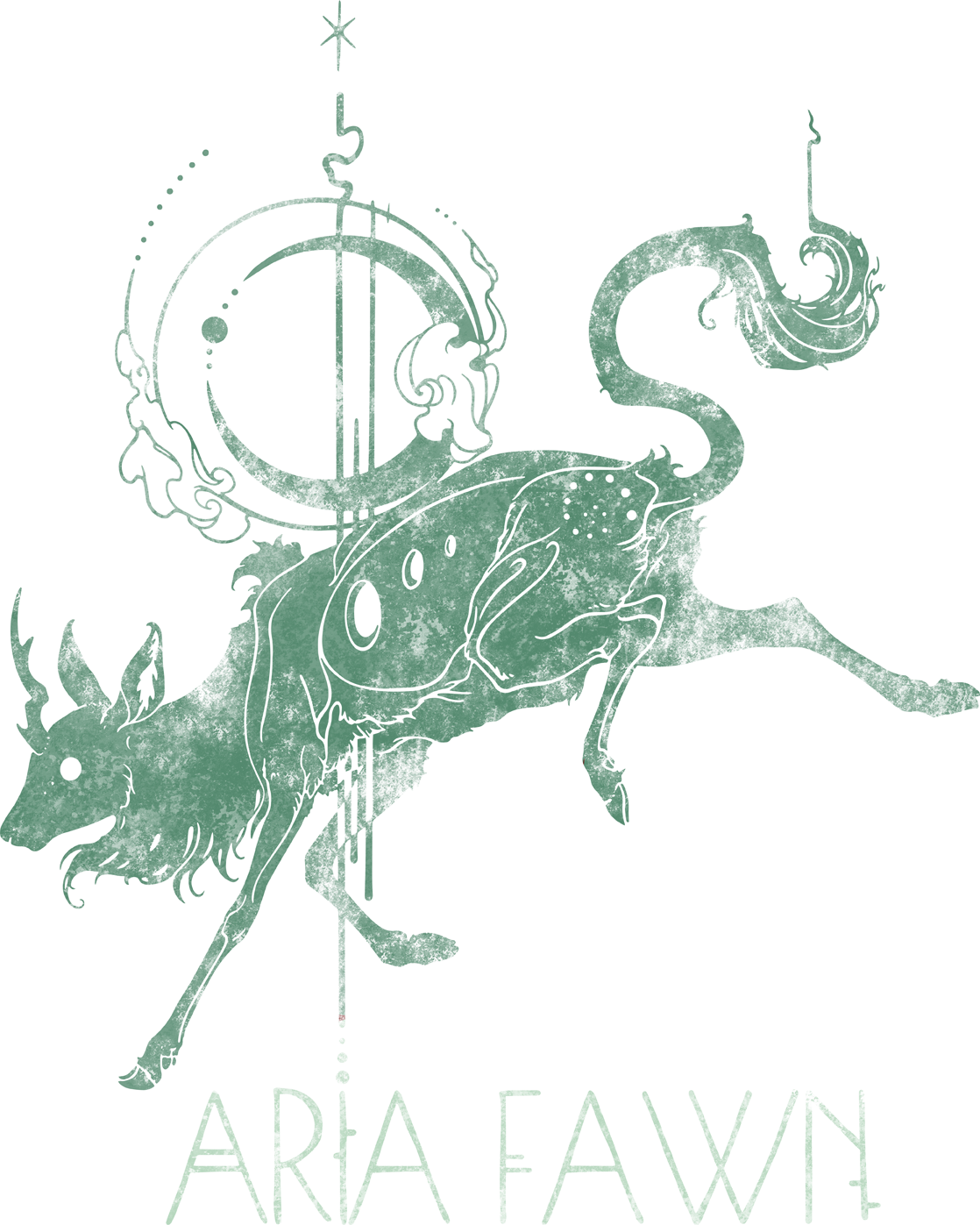How My Current Schedule is Making Me More Productive
Hello Moonbeams,
I have often had other creatives tell me that they do not like following a schedule. It makes them feel constricted and, after all, if you are pursing creative freedom, why would you want to feel constricted? That was actually my mindset my entire life until my early twenties when I became really desperate to make this career work. Working 17+ hours a day, not sleeping enough, not eating.
Every time I hear a creative person talking positively about following the kind of schedule I was back then, it makes me wince a little. It is such a toxic lifestyle to encourage, yet I have heard some people suggest that if you are not making sacrifices on your well-being, you are somehow lazy and inferior. I want to be real with you here, I used to feel that way too. I was so desperate to make a living off my art, and I was surrounded by naysayers, and negative influence, so I developed a very unhealthy mindset about how I needed to behave in order to be worthy as an artist, which led to thoughts of worthiness about myself as a person, and many days of feeling unaccomplished.
Knowing Yourself
Knowing yourself is something absolutely essential to scheduling. We do not all function the same and trying to follow a schedule that does not fit you at all, will probably frustrate you and have negative effects on your productivity. Experimenting with different types of schedules and taking notes on what works, and what does not, can be huge!
The photo above is of my average daily schedule structure. I typically work 8-10 hours a day now. This can of course vary a bit depending on what I have going on, but I try to keep a few tasks at the forefront. Tasks that I know I need to do every day without fail. These tasks eventually become ingrained into my daily routine so that when interruptions throw me off, it is relatively easy to get back on track.
Breaking Up Tasks In A Way That Feels Good
Some tasks, such as painting, video creation, and other major projects, take more than a single day to complete. For long tasks like these, I have learned it is best to break them into daily pieces. Most of my tasks are given a time slot of 1-3 hours. I personally like to make sure that not too many of them fall into the 3 hour range, as I feel better when I can accomplish several tasks in a day, rather than just a couple. As such, I try to schedule at least one or two tasks I can start and finish in a single workday, and then a few tasks that I can break up into pieces spanning several days. This gives me the feeling both of finishing some tasks fully, and making progress on larger ones. It really helps keep me from getting overwhelmed and shows me that I did in fact get a lot done by the end of the day.
Why I (Mostly) Stopped Spending Entire Days on One Project
I used to pick a large task, usually painting, and spend all day working on just that task. And while painting all day is highly appealing, I found that doing that consistently meant I would sometimes lose focus and get lost in my head. This lead to many days where I neglected other important tasks in favor of that one huge task, only to end the day feeling like I had not made much progress. I decided to try a harsh experiment with myself and schedule myself only three hours in a day to paint and see if it led to having more focus. It did. I work with far more focus under this current method, so much so that I often allow myself to go overtime if my focus is still strong. And while I do occasionally still devote entire days to only painting, I try to be intentional with it, and pay attention to how my focus is progressing throughout the day.
Scheduling creative time varies highly by person, so experiment to see what works best for you. Because I ideally want to paint more than three hours in a day, I get motivated to be more efficient with my other tasks and finish them up more quickly, this means I usually get to reward myself with at least five hours of painting!
I feel like the topic of schedules, ties heavily not only into working more efficiently, but also into mental and physical health. For my Part II post, I am going to talk about how I handle taking breaks, and working a healthy lifestyle into my schedule. I will also take a little more about prioritizing what tasks are the most relevant at the moment, and learning to recognize time wasting tasks. For now, be kind with yourself, eat enough, sleep enough, and if you have not already found your ideal schedule, do not be hard on yourself! Use it as an experiment and recognize that any “failures” are just a part of finding your own personal efficiency.
Be well~
~Aria




